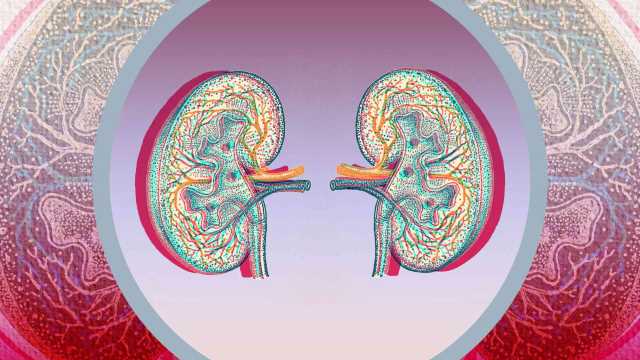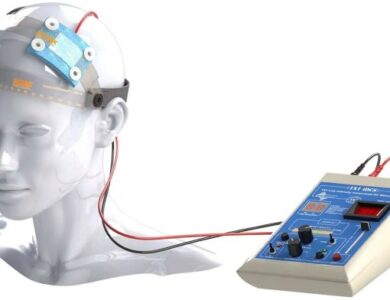Safeguarding Your Kidneys: A Comprehensive Guide to Kidney Protection

Kidney disease has emerged as a significant public health concern, often remaining undetected until it reaches an advanced stage. The key to mitigating the impact of kidney disease lies in early detection and preventive measures. This article aims to provide valuable insights into kidney protection, covering essential topics such as common tests for detection, key facts about kidney function, diseases leading to kidney issues, and lifestyle choices influencing kidney health.
Detecting Kidney Disease: The First Line of Defense: Early detection is crucial in preventing kidney disease from progressing. Common tests include blood pressure measurement, blood and urine tests, and imaging studies like ultrasounds. Regular health check-ups help identify potential issues before they become serious.
Blood test: This test measures the level of creatinine and urea nitrogen in your blood. These are waste products that are normally filtered out by your kidneys. If the levels of these substances are high, it may be a sign of kidney disease.
Urine test: This test measures the amount of protein and albumin in your urine. Protein and albumin are normally not present in urine, so their presence may be a sign of kidney disease.
10 Facts About Kidney Function and Related Diseases: Understanding the kidneys is pivotal in safeguarding their health. The kidneys play a vital role in filtering waste, balancing fluids, and regulating blood pressure. Diabetes and hypertension are leading causes of kidney disease, emphasizing the importance of managing these conditions. (Sources: National Kidney Foundation, American Kidney Fund)
Health Problems Associated with Kidney Disease: Kidney disease can lead to a range of health problems, including anemia, bone disease, and cardiovascular issues. Recognizing these complications is crucial in managing overall health for individuals with kidney disease. Sources: Centers for Disease Control and Prevention (CDC), World Health Organization (WHO)
Who is at Risk of Developing Kidney Disease? Certain factors increase the risk of kidney disease, such as age, family history, diabetes, and hypertension. Awareness of these risk factors is essential for proactive prevention and early intervention. (Sources: National Institute of Diabetes and Digestive and Kidney Diseases (NIDDK), World Kidney Day)
Myth or Reality: Can Excessive Water Intake Cause Kidney Disease?: Contrary to popular belief, excessive water intake is not a direct cause of kidney disease in healthy individuals. However, in rare cases, overhydration can lead to a condition called hyponatremia. It is crucial to strike a balance and stay hydrated without overburdening the kidneys. (Sources: National Institutes of Health (NIH), Journal of the American Society of Nephrology)
Recognizing Kidney Disease Symptoms: Kidney disease symptoms can be subtle, including fatigue, swelling, and changes in urination patterns. Understanding these signs enables early intervention and proper management. (Sources: Mayo Clinic, National Kidney Foundation)
Things People with Kidney Disease Should Do
- Manage Blood Pressure: Consistent blood pressure control is crucial in preventing further kidney damage.
- Adopt a Kidney-Friendly Diet: Limiting salt, potassium, and phosphorus intake can support kidney health.
- Stay Hydrated: Maintaining adequate fluid intake helps prevent dehydration and supports kidney function. (Sources: National Kidney Foundation, American Kidney Fund)
Things Everyone Should Do
- Maintain a Healthy Lifestyle: Regular exercise and a balanced diet contribute to overall well-being, reducing the risk of kidney disease.
- Manage Diabetes and Hypertension: Effectively managing these conditions is pivotal in preventing kidney issues. (Sources: World Health Organization (WHO), American Heart Association)
Things People with Kidney Disease Should Avoid
- Excessive Sodium Intake: High sodium levels can contribute to hypertension, exacerbating kidney issues.
- Overuse of Over-the-Counter Medications: Certain medications can harm the kidneys when used excessively. (Sources: National Kidney Foundation, National Institute of Diabetes and Digestive and Kidney Diseases (NIDDK))
Safeguarding your kidneys involves a combination of early detection, lifestyle choices, and disease management. By understanding the risk factors, symptoms, and proactive measures outlined in this article, individuals can take significant steps towards preserving their kidney health. Regular consultation with healthcare professionals and adherence to a kidney-friendly lifestyle are essential components of kidney protection.




